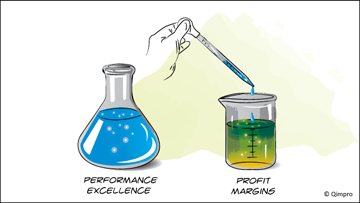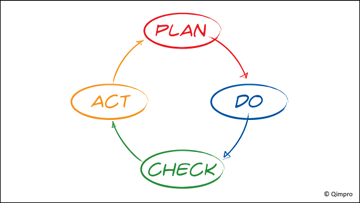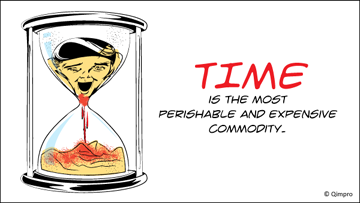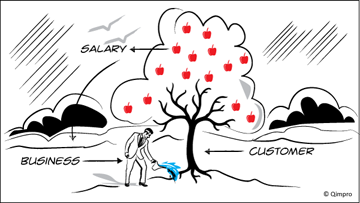Performance Excellence: An Elixir for Greater Profit Margins
We all need to adopt a Performance Excellence model in our respective organizations / institutions, for survival and success. This is a fact. Not an opinion. Performance Excellence, as explained in the IMC Ramkrishna Bajaj National Quality Award Model is all about delighting customers, employees, …






